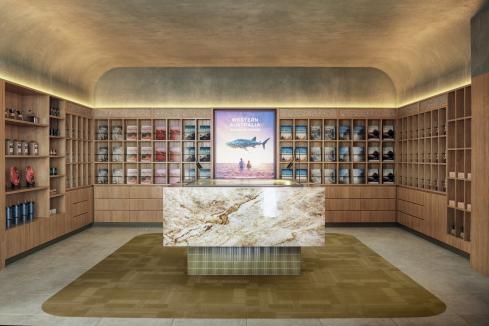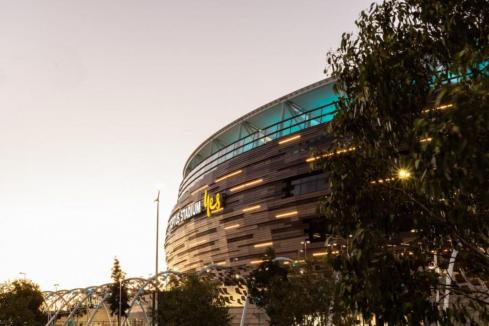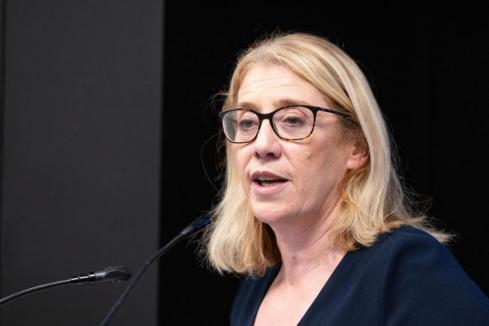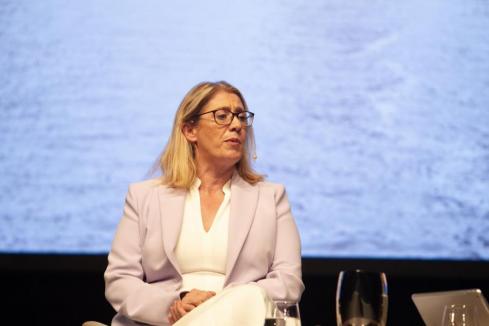Transport Minister Rita Saffioti has disputed claims made by opposition leader Liza Harvey at yesterday’s Business News Politics & Policy breakfast that manufacturing rail cars in Western Australia constituted an investment in a failed and unsustainable industry.

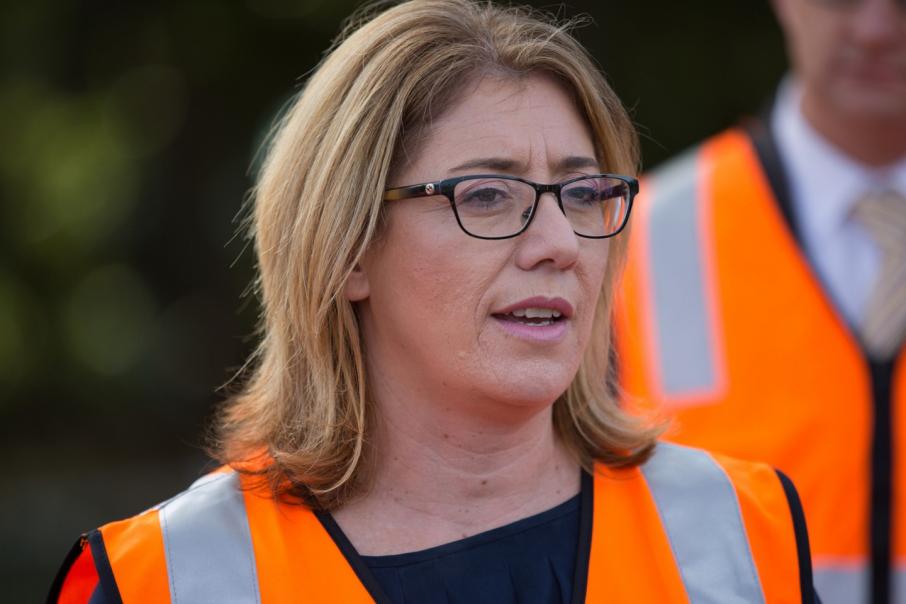
Transport Minister Rita Saffioti has disputed claims made by opposition leader Liza Harvey at yesterday’s Business News Politics & Policy breakfast that manufacturing rail cars in Western Australia constituted an investment in a failed and unsustainable industry.
Mrs Harvey was referring to the goverment's decision to have Alstom build 246 rail cars over 10 years as part of the C-Series class of trains for Transperth, which will take place at a manufacturing facility in Bellevue.
The facility will cost around $50 million to build and is currently under construction.
Mrs Harvey, who gave a broad outline of her election agenda at yesterday’s breakfast, claimed WA had no comparative advantage in manufacturing those cars locally, and suggested the $50 million invested into a new facility would have been better spent on the Department of Mines’ exploration incentive scheme.
“We don’t know the total cost to the state of the McGowan government rail car experiment [because] the government refuses to release a business plan,” she said.
“We do know that the government has committed $50 million of your money just to build a factory to fit out carriages imported from Victoria.
"Our focus on investment will be on creating long-term, sustainable jobs.
"The McGowan government’s investment in a state-run, unsustainable, failed manufacturing industry in order to placate its union backers is, to my mind, just a waste of money."
Responding to those comments this afternoon, Ms Saffioti disputed Mrs Harvey’s claim that the cost of manufacturing rail cars in WA had not been released, saying it would cost $1.25 billion over 10 years and come in at $347 million under budget.
According to a spokesperson for the minister, that will include maintenance costs over the next two decades as well as the aforementioned production facility.
The minister also disputed the claim that WA had no comparative advantage when it came to building the rail cars locally, saying it would cost $3 million per car, as opposed to the $4.1 million per car paid by the state government under former premier Colin Barnett to procure cars from Queensland.
Ms Saffioti also questioned claims the cars would be procured from Victoria, saying all C-series rail cars would be built in WA.
Parts for the rail cars will be imported from Alstom facilities in Ballarat, while the assembly process will take place in WA.
Commenting on Mrs Harvey’s remarks, Ms Saffioti argued that train manufacturing involved modern skills that were transferrable to other industries, and that many modern economies around the world built their own trains.
“Our vision for WA is to build a modern train manufacturing and maintenance hub, that not only builds and maintains our public transport trains, but creates further opportunities for the freight, agricultural and mining industries,” Ms Saffioti said.
“These industries are major users of rail and rolling stock, and there are huge opportunities to work with them to grow job opportunities in WA.”






